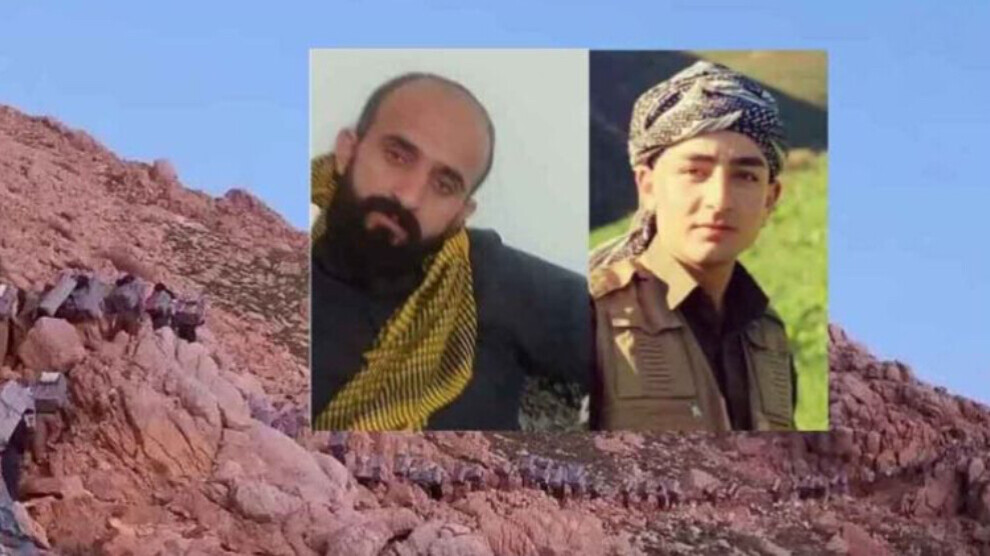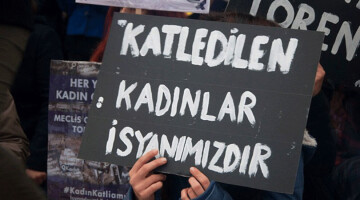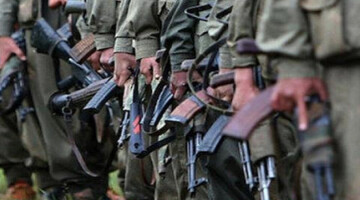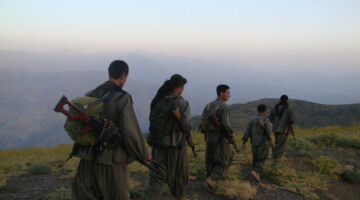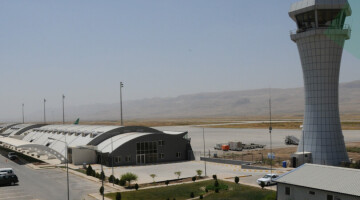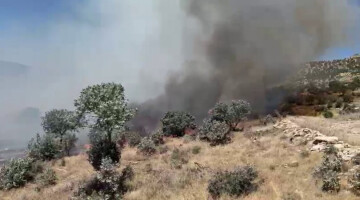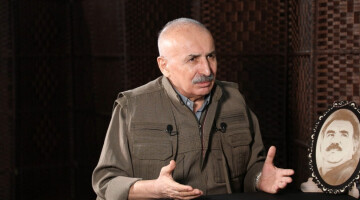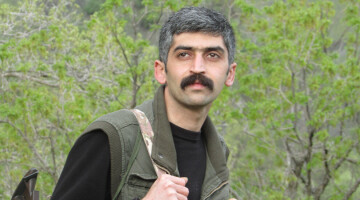The Kurdistan Human Rights Network (KHRN) has reported that a group of kolbars in the mountainous areas of Bitush village in Sardasht were targeted by border guards, resulting in the death of Mehrdad Abdollahzadeh, a 20-year-old kolbar from Maraghan village in Sardasht.
Abdollahzadeh fell from a height after being hit by the border guards’ gunfire.
At the same time, another kolbar, Omid Saeidi, was shot dead by border guards in the Bastam border area, the KHRN has learned.
The border guards abandoned Saeidi after shooting him, and his body was found after several hours of searching by local people.
In the past three weeks, four kolbars have been killed by Iranian border guards in the Nowsud and Baneh border areas. Another five kolbars have died from frostbite, heart attacks and falls from heights.
Eastern Kurdistan has descended deeper into poverty through the years due to deliberate policies by the Iranian regime and stands out as one of the poorest regions in Iran. Compared to other regions, the area has seen significantly less investment and development has been deliberately curbed. Agriculture and industry weren’t allowed to develop, and as a result, unemployment rose to the highest in Iran.
Faced with policies of discrimination, oppression and impoverishment, carrying smuggled goods is not a choice but a must for survival.
Kolbar comes from the Kurdish words, “kol” (back) and “bar” (load). Kolbars make their living carrying loads along the perilous borderline. Their loads include cigarettes, mobile phones, clothes, housewares, tea and seldomly alcohol. They walk through dangerous terrain to continue this trade between Southern and Eastern Kurdistan. The goods they bring are sold at high prices in Tehran, but the kolbars who risk their lives for them are paid very modestly.
The intermediaries who take the deliveries and find buyers in cities are called kasibkars.
Kolbars and kasibkars range from 13 to 70 years old. Some only finished elementary school, while others are university graduates. They carry loads, because they can’t find any other employment. In the last 5 years, some 300 kolbars and kasibkars were killed in cold blood. There are no absolute statistics available for the deaths.

